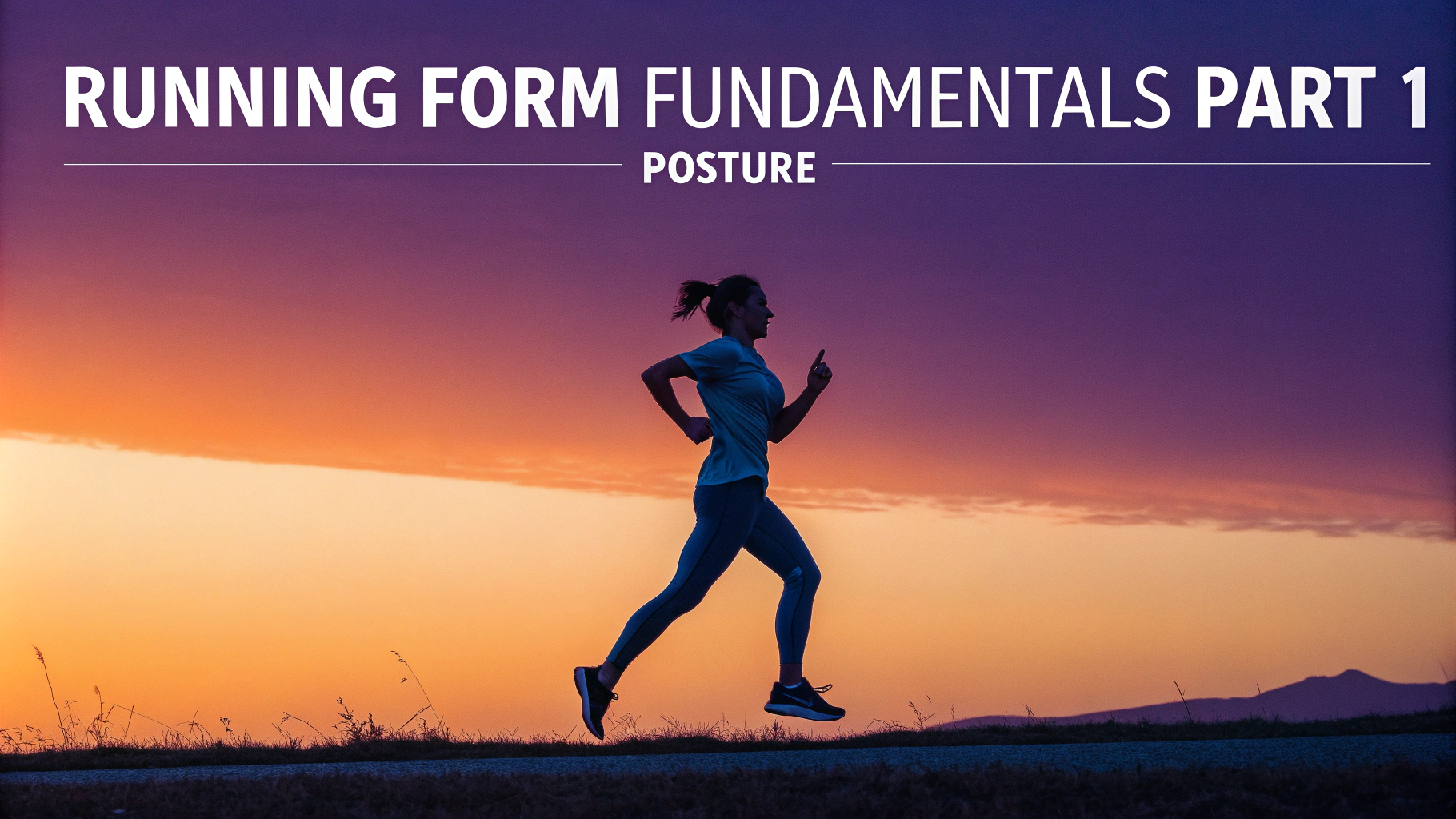Good nutrition forms the foundation of your running performance and recovery.
Pre-Run Nutrition
Eat a light meal 2-3 hours before running to maintain steady energy levels.
- Toast with banana and peanut butter
- Oatmeal with berries
- Greek yogurt with granola
- Small bowl of rice with lean protein
Hydration Guidelines
Drink 16-20 ounces of water 2-3 hours before your run.
| Run Duration | Fluid Intake |
|---|---|
| Under 1 hour | Water only |
| 1-2 hours | Water + electrolytes |
| 2+ hours | Sports drinks + gels |
During Your Run
For runs longer than 60 minutes, consume 30-60 grams of carbohydrates per hour.
- Energy gels: Take with water every 45-60 minutes
- Sports drinks: Sip every 15-20 minutes
- Energy chews: 2-3 pieces every 30 minutes
Post-Run Recovery
Eat within 30 minutes after finishing your run to optimize recovery.
- Protein: 20-25g to repair muscles
- Carbohydrates: 50-100g to replenish glycogen
- Electrolytes: Replace lost minerals through sweat
Daily Nutrition Tips
Base your meals around whole foods to support training and recovery.
- Lean proteins: chicken, fish, tofu, eggs
- Complex carbs: sweet potatoes, quinoa, brown rice
- Healthy fats: avocados, nuts, olive oil
- Colorful vegetables: leafy greens, bell peppers, carrots
Common Mistakes to Avoid
- Skipping post-run meals
- Running on a full stomach
- Not drinking enough water throughout the day
- Trying new foods before races
Track your nutrition using apps like MyFitnessPal or Cronometer to ensure you’re meeting your needs.
Recommended Resources
Race Day Nutrition
Never try anything new on race day. Stick to foods and drinks you’ve tested during training.
- Eat a familiar breakfast 3 hours before start time
- Top off energy stores with small snack 60 minutes before
- Begin hydrating early, but stop 45 minutes before race
- Follow your practiced fueling strategy during the race
Special Dietary Considerations
Vegetarian/Vegan Runners
- Plant-based protein combinations: beans + rice, quinoa + legumes
- Iron-rich foods: spinach, lentils, fortified cereals
- B12 supplementation may be necessary
Gluten-Free Athletes
- Alternative carb sources: potatoes, rice, corn
- Gluten-free energy gels and bars
- Naturally gluten-free whole grains: quinoa, buckwheat
Conclusion
Proper nutrition is crucial for running success. Develop and practice your nutrition strategy during training. Listen to your body and adjust intake based on training intensity, weather conditions, and individual needs. Remember that nutrition is highly individual – what works for others may not work for you.
- Keep a nutrition log alongside your training log
- Experiment during training, not races
- Consult a sports nutritionist for personalized advice
- Stay consistent with your proven nutrition strategy
FAQs
- What should I eat before a run?
Consume easily digestible carbohydrates 2-3 hours before running, such as bananas, toast with honey, or oatmeal. Avoid heavy, fatty, or high-fiber foods that could cause GI distress. - How many carbs do runners need daily?
Regular runners need 5-7 grams of carbohydrates per kilogram of body weight daily, increasing to 7-10g/kg during intensive training periods or marathon preparation. - Should I run on an empty stomach?
While some runners practice fasted running for short distances, it’s generally recommended to have a light snack before running to maintain energy levels and prevent fatigue. - What’s the best way to hydrate during runs?
Drink 16-20 oz of water 2-3 hours before running, and consume 4-6 oz every 15-20 minutes during runs longer than 60 minutes. For runs over 90 minutes, include electrolyte replacement. - How much protein do runners need?
Runners need 1.2-1.6 grams of protein per kilogram of body weight daily to support muscle repair and recovery. - When should I eat after running?
Consume a combination of protein and carbohydrates within 30 minutes post-run to optimize recovery. Aim for a 3:1 carb-to-protein ratio. - Do I need energy gels for running?
Energy gels are typically only necessary for runs lasting longer than 90 minutes. They provide quick carbohydrates to maintain energy levels during extended efforts. - What are the signs of dehydration while running?
Signs include dark urine, decreased performance, headache, dizziness, and excessive fatigue. Monitor urine color and body weight before and after running. - Should runners take supplements?
Most runners can meet their nutritional needs through a balanced diet. However, some may benefit from iron supplements (especially female runners) and vitamin D, after consulting with healthcare providers. - How do I prevent side stitches from eating?
Avoid eating large meals 2-3 hours before running, stick to easily digestible foods, and stay well-hydrated. Time your pre-run nutrition appropriately to prevent cramping.










